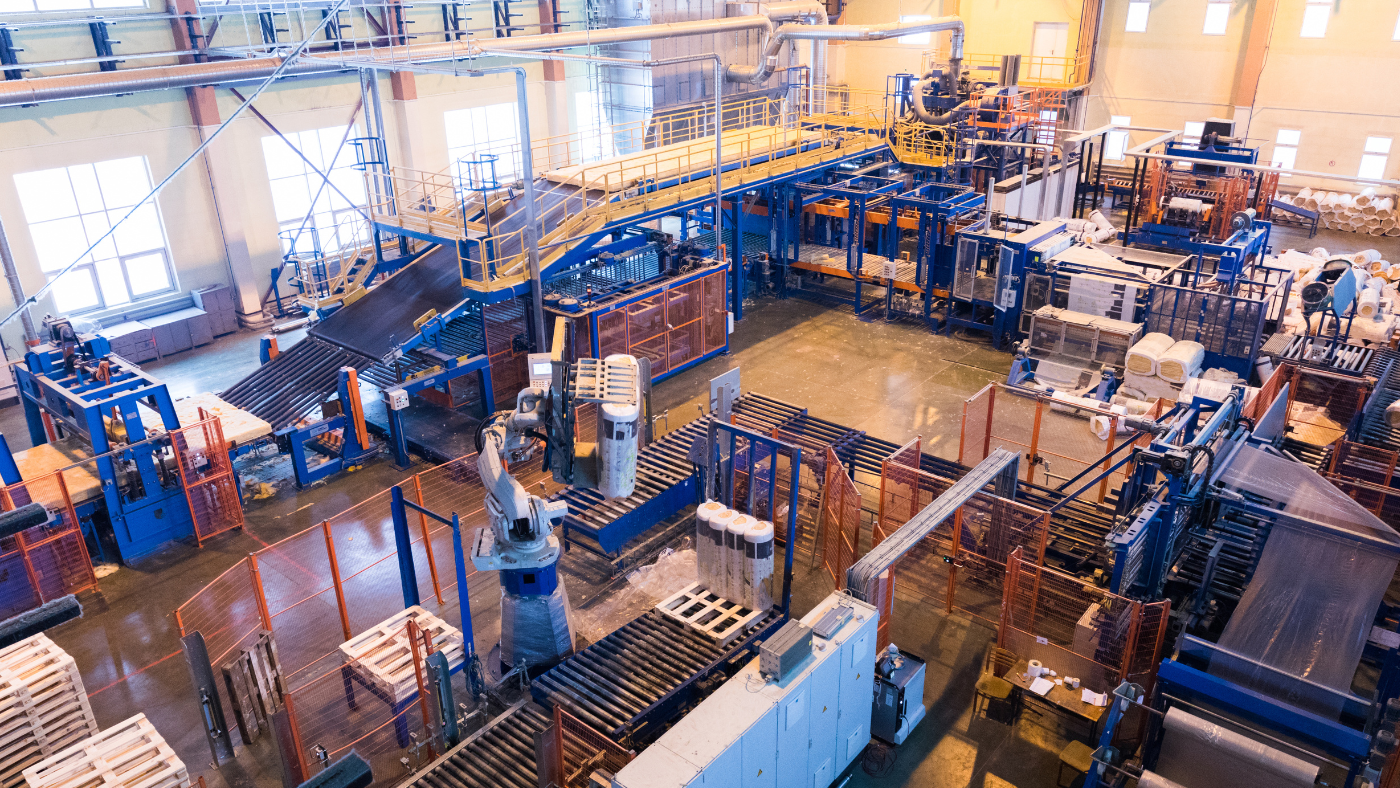
Tackling the Skills Shortage: The Growing Challenge in Engineering and Manufacturing.
I’ve found myself engaging in the same, increasingly familiar conversation with many of my clients across the engineering and manufacturing sectors. Whether it’s small workshops or large industrial firms, employers are facing a pressing issue: a growing skills shortage due to an insufficient number of young candidates entering the engineering and manufacturing industries.
This shortage is particularly evident in apprenticeship schemes and junior roles, where traditionally, the next generation of engineers and technicians would have been trained. Fewer young people are choosing to pursue careers in engineering and manufacturing, while the existing workforce is gradually ageing out, with experienced professionals retiring and taking years of expertise with them. The result is a critical gap that many employers are struggling to fill. In this blog, I explore the impact of the skills gap on businesses and share the solutions and strategies we use at The Recruitment Co. to help bridge that gap.
The Growing Skills Gap
One of the core challenges is that the appeal of engineering and manufacturing to younger generations is diminishing. Despite the industry’s dynamism, innovation, and substantial career opportunities, we see fewer young people pursuing these pathways. This is particularly worrying for companies who have relied on apprenticeship schemes as a means of developing their future workforce. With fewer candidates showing interest, these programmes are struggling to thrive, leading to an even greater skills deficit.
The situation is exacerbated as more seasoned professionals reach retirement age. In many cases, these individuals hold not only technical skills but also a wealth of industry knowledge and experience that is difficult to replace. The problem is that with fewer apprentices entering the field, there is no clear pipeline of talent to fill these roles, leaving employers without the skilled workforce they need to continue their operations at full capacity.
The Impact on Businesses
The skills gap isn’t just a problem for future planning – it is already starting to affect the day-to-day operations of many businesses. Clients I work with have shared their concerns about increased production delays and growing pressure on existing staff to perform tasks outside their primary areas of expertise. This places significant strain on both the workforce and the business.
Solutions: Bridging the Gap
While the challenges are real, there are ways to address them. A multifaceted approach is needed to attract more young people to careers in engineering and manufacturing, as well as to make these roles more accessible and appealing.
Changing Perceptions
A key strategy in addressing the skills shortage is changing the outdated perceptions of engineering and manufacturing jobs. These sectors are now at the forefront of technological innovation, with cutting-edge advancements in robotics, automation, and sustainable energy solutions. To help shift these perceptions, we create targeted candidate attraction campaigns that showcase the exciting, modern environments our clients offer. By filming and sharing videos of their workplaces and featuring case studies of successful colleagues, we can give potential candidates a real insight into the dynamic career opportunities available. This approach not only highlights the innovative nature of the industry but also helps attract a wider range of talent, including women and underrepresented groups, who may not have previously considered a career in these fields.
Gender Diversity
A crucial part of addressing the skills shortage in engineering and manufacturing is increasing gender diversity within these industries. Historically, these fields have been male-dominated, but there is a significant opportunity to tap into a wider talent pool by encouraging more women to pursue careers in engineering. This can be achieved by promoting female role models in the sector, fostering mentorship programmes, and working with schools to break down gender stereotypes from an early age. Offering flexible working options and creating inclusive workplaces can also help attract and retain more women in technical roles. By actively supporting gender diversity, businesses can drive innovation, enhance problem-solving, and ensure a broader range of perspectives within their teams – factors that are critical for the long-term success of the industry.
Invest in Education and Outreach
There is a clear need for businesses to collaborate more closely with schools, colleges, and universities to raise awareness of the career opportunities in these sectors. By investing in outreach programmes, attending careers fairs, offering school visits, and creating partnerships with educational institutions, businesses can inspire the next generation of engineers and technicians. Early exposure to the realities and rewards of engineering can change perceptions and motivate students to consider these career paths.
Modernising Apprenticeships
Apprenticeship schemes remain a crucial tool in developing talent. However, these programmes need to be modernised and better marketed to appeal to today’s youth. Flexibility, innovation, and clear progression pathways within apprenticeship frameworks can make them more attractive. Additionally, integrating digital skills and advanced technologies into training programmes will align with the interests of younger generations, who are often more tech-savvy and eager to work with cutting-edge tools.
Upskilling and Cross-Skilling
Employers can also focus on upskilling their current workforce. By investing in continuous professional development, businesses can retain experienced staff longer and improve productivity, while also preparing more junior employees to take on greater responsibility. Cross-skilling can also help mitigate the effects of the skills shortage, as it enables workers to diversify their capabilities and support various business functions.
The skills shortage in engineering and manufacturing is a serious concern for many businesses. Without proactive steps, the gap will only widen, leading to long-term consequences for the industry. However, through greater investment in apprenticeships, education, and modern training programmes, it is possible to close this gap and ensure that the next generation of skilled professionals is ready to step up.
If you’re facing similar challenges, we’re here to help. At The Recruitment Co., we are working closely with businesses like yours to develop recruitment strategies that can attract and retain the talent needed for a sustainable future. Together, we can help solve these skills shortages and secure the future of our industries. By encouraging collaboration between businesses, educators, and recruitment professionals, we can build a talent pipeline that ensures the continued growth and success of the UK’s engineering and manufacturing sectors.
Insights & Resources.
Looking for a Job?
Every day we match thousands of talented individuals with temporary and permanent jobs. We have opportunities available across the UK, from warehouse operatives to legal secretaries, temporary, contract, or permanent.
Searching for staff?
We offer 360° recruitment services in one solution. As multi-sector recruitment experts, we have panoramic views of the industry and the markets in which we operate.
Your local office.
Though our offices are based in Belfast and Lisburn City Centre, we reach every corner of Northern Ireland, across the whole of the province. We have a proven track record of supplying high quality candidates across a variety of sectors.




